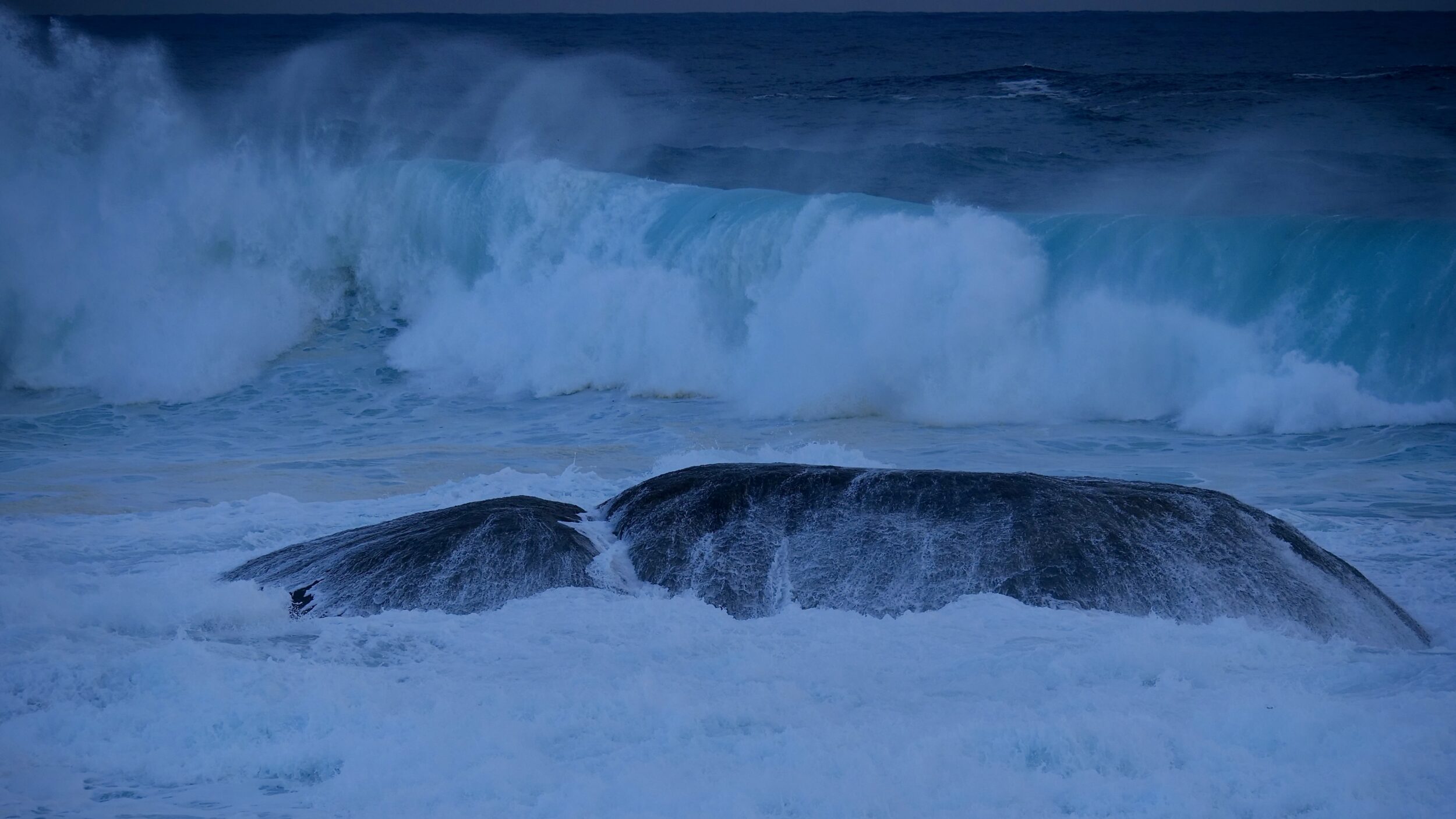Natalie and Walt have just unwittingly delayed the promised leopard post!
(it will be the next one, I promise)
The photo alludes to one of my favourite Walt Whitman poems, from Leaves of Grass.
Most printed interviews with musicians are time-wasting, publicist-driven piffle.
A notable exception is The New Yorker interview, published today – worth reading, whether or not you admire/know Natalie Merchant’s singing/songs.
There aren’t a lot of people writing love songs to Walt Whitman.
Speaking shortly before the April 14 release of her new album, the 59 year old songster told interviewer Mike Sacks, Walt Whitman got me through the pandemic.
You probably also already know that Whitman (1819-1892) was a humanist, now widely regarded as the most enduringly-influential 19th century American poet.
However, you too may have Natalie Merchant to thank for informing you of just how actual was Whitman’s humanism:
He saw Americans at their very worst, when they were killing each other by the millions, and he still believed in the potential of this country. When he was in the war hospitals, he would visit the Confederate and the Union soldiers, and he wrecked his health taking care of them. He was looking after their souls. He read to them, talked with them, wrote letters home for them, and then wrote letters of condolence to their family, after they died. He brought them writing paper, oranges, jars of preserves and crackers—little acts of kindness. He went every day for three years.
Click here to read the full interview.
Its thrust could be expressed in just two words, originally paired in E.M.Forster’s 1910 novel Howards End: only connect.
A 2023 observation from Natalie Merchant:
We’re becoming such a contactless society. Yesterday, I walked to a supermarket in Washington, D.C., and I’d say every person under the age of forty was using the self-checkout. I actually like talking to my checkout person. These days, nobody wants to talk to you. They want to read their e-mails, text threads, and news feeds. I’ve had some life-changing conversations with people on public transportation.
Her salute to Whitman is not yet audible, but one cut from Merchant’s new album is available.
First, you may like to read the relevant section of the interview:
“Tower of Babel,” describes America as a house “broken in two.” Do you think that we’re capable of ever coming together?
Well, I always look at individuals rather than systems, because I think most of our systems are broken. Like our dependence on fossil fuel—that’s not sustainable. There’s nothing “sustainable” about our society; there’s only damage control. But, as far as “coming together” is concerned, life is short, and when you’re on your deathbed the only thing you’re going to be thinking about is love. I just wish we would give it more thought in the years leading up to that moment.
Photo footnote + poem by Walt Whitman
Photo is copyright Doug Spencer, taken late on a wild winter day in Western Australia’s Margaret River region. It shows a wave at Cape Freycinet, 5.01 pm, 24 July 2022.
HAD I THE CHOICE.
son’s fair ladies,
rhyme, delight of singers;
